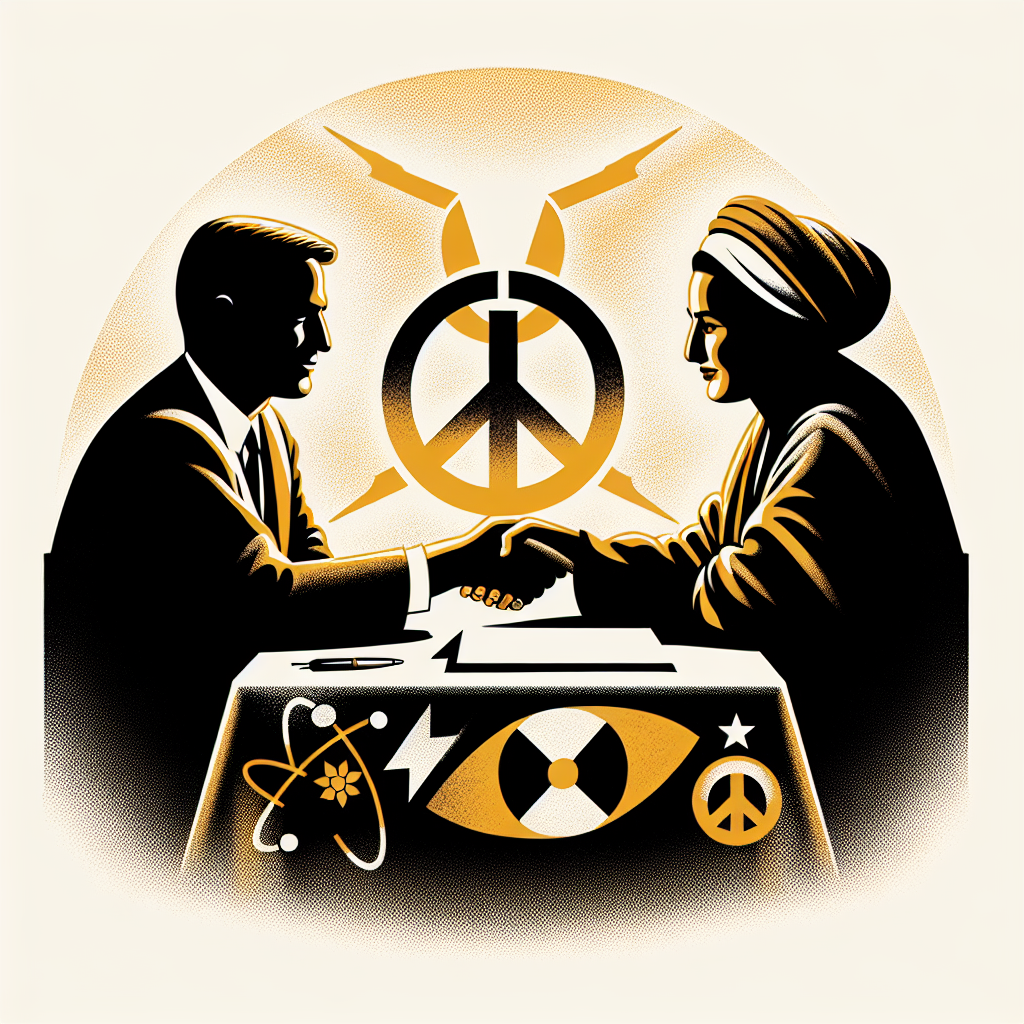Building Trust: Key to Resolving US-Iran Nuclear Negotiation Deadlock
Building Trust: Key to Resolving US-Iran Nuclear Negotiation Deadlock
Introduction
The ongoing deadlock in US-Iran nuclear negotiations has highlighted the critical role of trust in international diplomacy. As both nations grapple with complex geopolitical dynamics, building mutual confidence emerges as a pivotal factor in breaking the impasse.
Current Challenges
- Historical Tensions: Decades of mistrust and conflicting interests have created a challenging backdrop for negotiations.
- Sanctions and Compliance: Disagreements over sanctions relief and compliance with nuclear agreements remain major sticking points.
- Regional Instability: Ongoing conflicts in the Middle East add layers of complexity to the negotiation process.
Strategies for Building Trust
- Incremental Steps: Implementing small, verifiable actions can help build confidence between the parties.
- Third-Party Mediation: Engaging neutral mediators can facilitate dialogue and reduce tensions.
- Transparent Communication: Open and honest communication channels are essential for dispelling misconceptions and fostering understanding.
Potential Outcomes
Successfully building trust could lead to a breakthrough in negotiations, paving the way for a renewed nuclear agreement. This would not only enhance regional security but also improve US-Iran relations, potentially leading to broader diplomatic engagement.
Conclusion
In summary, trust is the cornerstone of resolving the US-Iran nuclear negotiation deadlock. By focusing on incremental steps, engaging third-party mediators, and maintaining transparent communication, both nations can work towards a mutually beneficial agreement. The path to resolution is challenging, but with concerted efforts, a peaceful and stable outcome is achievable.

































